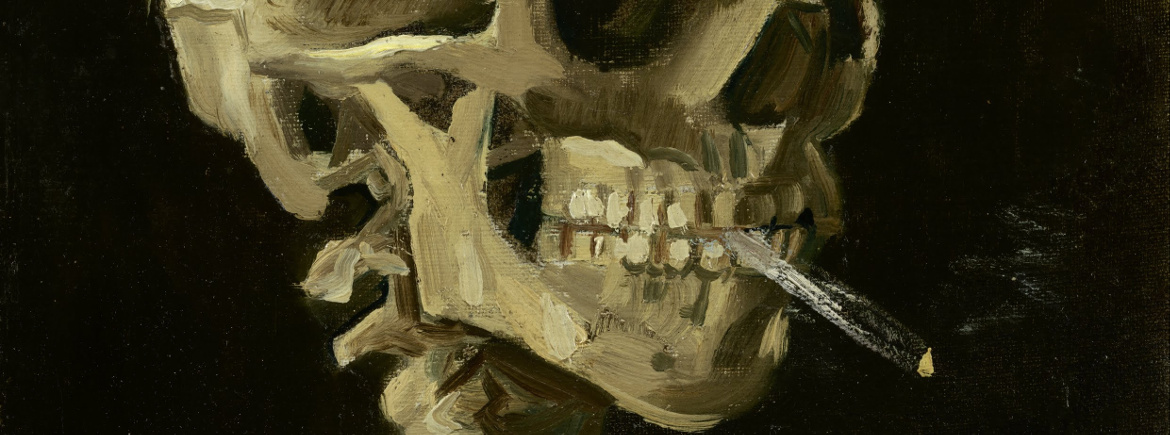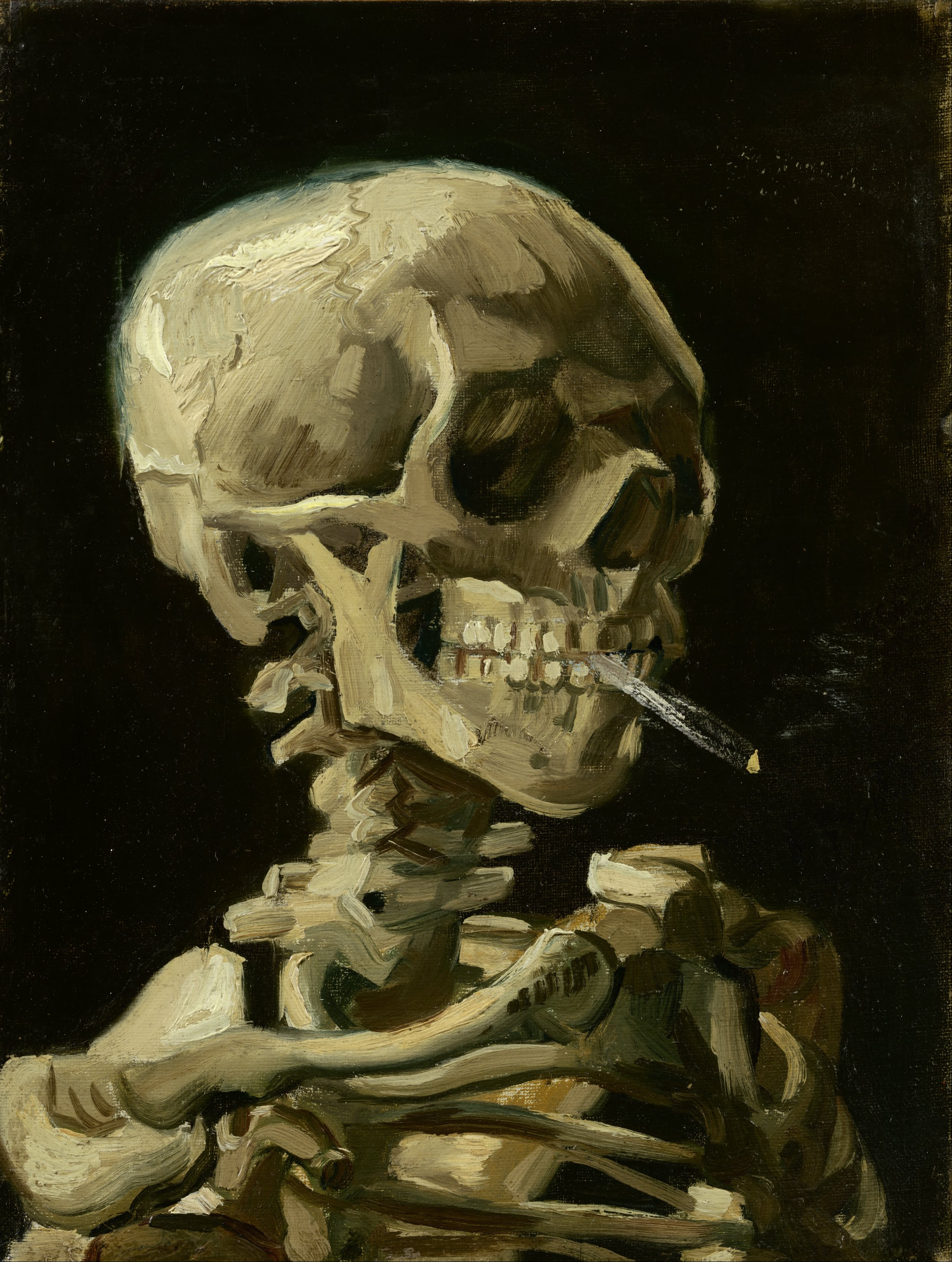Community Blog
Making subconscious decisions, consciously

What I most can’t stand to see in myself, is the contradiction between not wanting to do something yet seeing myself do it anyways. So I made this web application to bridge that gap – not necessarily to quit, but rather to find a middle ground I can feel good about.
Each time you open the Escrave app, you are presented with consciously committing to a choice. Regardless of whether you decide to do it, you are being real with yourself about your choice. Given real time statistics, you can start to slightly alter your decisions – and change the amount of time that you wait before doing your guilty pleasure.
Who’s driving this thing??
You may think that you are consciously choosing to do your bad habits, however a team of neuro-scientists found some compelling evidence to suggest that people’s conscious decisions are often set before people say they have made that choice. These scientists have been able to predict so-called ‘conscious’ decisions seconds before the decision is ‘made’, at a rate statistically unlikely due to chance (Max-Planck-Gesellschaft, 2008).
When I was a daily smoker, I found that I was constantly refactoring and making time for when I would have my next cigarette. So if you’re mentally fitting your habit into your schedule whenever you can like I was, that’s your subconscious mind at work. At the time you’ve figured for your guilty pleasure, your conscious brain recognizes doing that habit as the next part of your larger plan, and then you’re doing it (maybe so that you can do the next part – as in, you can deal with the stress of work, because you get a cigarette beforehand). If my plan didn’t work as planned, i found it really aggravated me, and I would become not myself.
Johnathan Bricker, PhD, equates cigarette addiction to a little monster in your head constantly poking you and asking if you can smoke yet, until you finally just yell at it, ‘FINE’, Just to shut up that continual reminder. Bricker often brings up a concept that has inspired me: Craving awareness and acceptance. He has found this approach to be clinically two times more likely to help people quit smoking than the standard – craving avoidance – approach (Bricker, 2014) .
Recognizing thought patterns with some help
It’s very important to not be discouraged when you do your habit. If you feel guilty doing it, you might just try to hide it from yourself, or slip into a vicious cycle. Also, If you consider doing your habit a subconscious action, just wait until you start noticing how many cravings you resist in a day.
Under normal circumstances, you are left with no token of a successful behavior – deciding to wait has no immediate action associated with it. Since your successful behavior is the lack of an action, it is much harder to remember.
I find it very helpful to do a physical action (Marking that I ‘Resisted’ in the Escrave app) to help my brain understand exactly how it really feels about whether or not I want to do something. Because, to a point, bad habits can be very fun, and I refuse to be one of those people that quit cold turkey, become an evangelist, and then try to convert #fellowkids before they end up in hell or whatever.

everything in moderation
What is most unhealthy about most bad habits is the repetitive compulsions. Take smoking, for example, most people can’t seem to stop smoking more, until their whole day becomes structured around smoking. A single cigarette won’t kill you, but it will probably lead to more cigarettes, and enough of those has a very high chance of leading to your death.
So how can you enjoy yourself, while not letting your behavior get the best of you? What have you found helpful? Leave a comment, or get directly in touch to let me know how you do it.
References
Bricker, Johnathan. “The Willingness to Crave | Jonathan Bricker.” KCTS 9 – Public Television, KCTS / TEDxRAINIER, 22 Dec. 2014, kcts9.org/programs/tedxrainier/willingness-crave-jonathan-bricker (accessed March 12, 2019).
Max-Planck-Gesellschaft. “Decision-making May Be Surprisingly Unconscious Activity.” ScienceDaily. www.sciencedaily.com/releases/2008/04/080414145705.htm (accessed March 12, 2019).
Everything is very open with a precise clarification of the issues. It was really informative. Your website is very helpful.
Thanks for sharing!